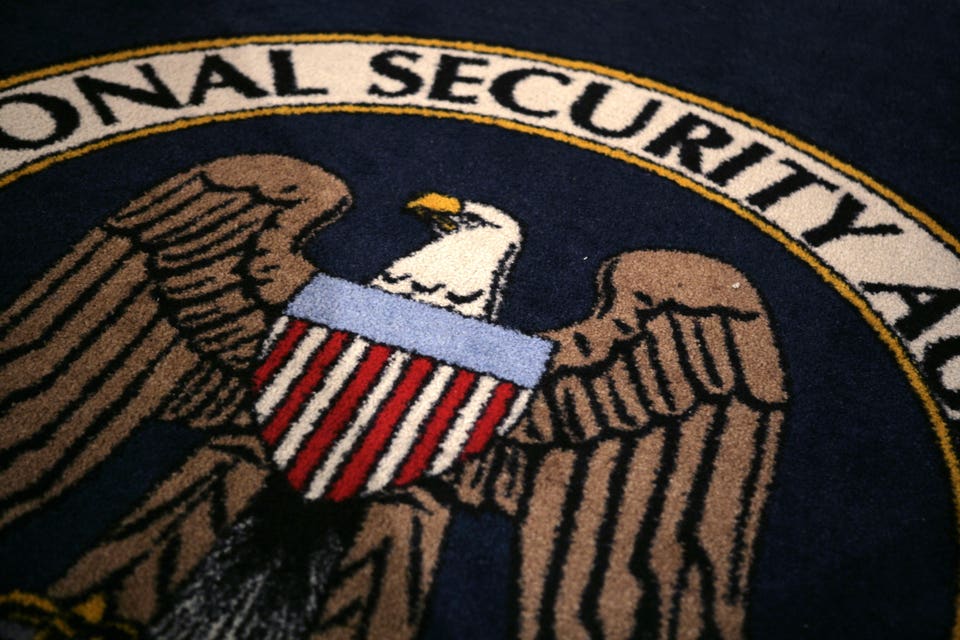Federal Judge Halts Immigration Raids Lacking Probable Cause

A federal judge has ruled that the Department of Homeland Security (DHS) must cease immigration arrests in Los Angeles that lack probable cause. The decision, delivered on October 20, 2023, follows findings that DHS officials conducted raids based solely on an individual’s race, spoken language, or occupation.
In a significant ruling, the judge noted that these practices violate constitutional protections against unreasonable searches and seizures. The court emphasized that immigration enforcement should be grounded in factual evidence rather than racial or linguistic profiling. This judgment marks a critical shift in how immigration laws are enforced in the region, highlighting the need for lawful procedures in detaining individuals.
According to the judge, DHS’s actions have not only undermined public trust but also negatively impacted the communities targeted by these raids. The order mandates that arrests must be based on credible evidence or specific intelligence rather than demographic characteristics. This ruling aims to protect vulnerable populations from unwarranted discrimination and unlawful detention.
The decision comes amid heightened scrutiny of immigration policies and practices across the United States. Advocacy groups have long criticized the federal government’s approach to immigration enforcement, arguing that it disproportionately affects minority communities. The court’s ruling is seen as a victory for civil rights organizations, which have been pushing for reforms to ensure fair treatment under the law.
Legal experts suggest that this ruling could set a precedent for future cases involving immigration enforcement practices. The implications may extend beyond California, influencing how other jurisdictions handle similar issues. As communities await the full impact of this decision, the DHS is expected to reassess its protocols surrounding immigration enforcement.
The ruling is part of an ongoing dialogue about the balance between national security and civil liberties. It underscores the importance of adhering to legal standards when conducting immigration-related operations. Following this decision, DHS faces increased pressure to implement changes that align with constitutional requirements and respect individual rights.
As this story develops, further updates will shed light on how the DHS plans to respond to the court’s order and what this means for immigration enforcement in the future. The implications of this ruling may resonate throughout the country, potentially leading to broader reforms in immigration policy and practice.






